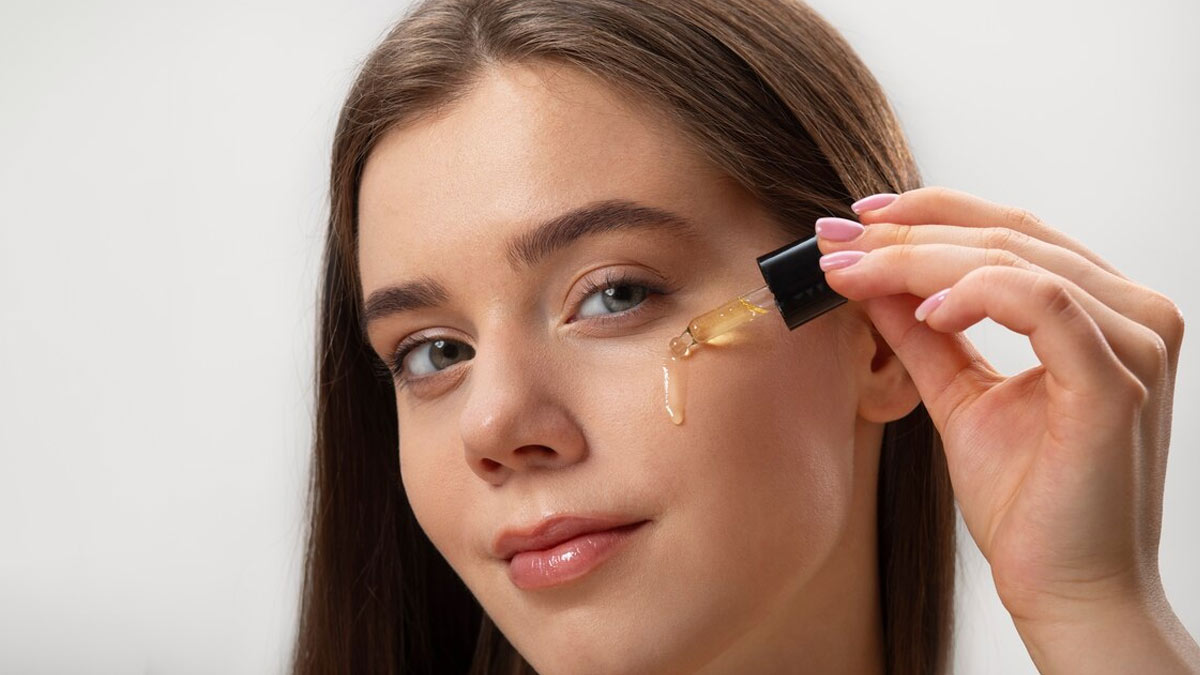
The first signs of ageing, including fine lines and wrinkles, can start appearing around age 25. As you enter your 30s and 40s, these signs can become even more noticeable. While ageing is a natural process and one must learn to embrace it, most dermatologists recommend applying retinol, a form of vitamin A that has anti-ageing benefits.
Table of Content:-
According to Dr Shireen Furtado, Senior Consultant – Medical and Cosmetic Dermatology, Aster CMI Hospital, Bengaluru, retinol aids in promoting cell turnover, thereby encouraging the shedding of dead skin cells and the emergence of new, healthier skin. This process not only helps improve skin texture and tone but also reduces the appearance of fine lines, wrinkles, and hyperpigmentation, she shares.
But while retinol improves skin elasticity and firmness, excessive use can often lead to retinol burn, which we will discuss in detail in the following segments.
What Is Retinol Burn? What Causes It?

Dr Furtado says, "Retinol burn can occur due to several factors, including the concentration of retinol used, the frequency of application, and individual skin sensitivity."
She highlights that people with sensitive skin, pre-existing skin conditions, or those who are new to retinol should be extra careful when incorporating it into their skincare routine, as they could be more prone to the skin problem.
Some of the common signs and symptoms of retinol burn include:
- Redness
- Skin peeling
- Skin irritation
- A burning sensation on the skin
How To Treat Retinol Burn![]()
For people who develop skin irritation and redness after using retinol, Dr Furtado recommends taking immediate steps to reduce discomfort and promote healing.
Solution: “It is essential to stop using any retinol products and avoid applying other potentially irritating substances to the affected area. Gently cleanse the skin with a mild, non-irritating cleanser to remove any residual product, followed by the application of a soothing moisturiser that contains calming ingredients such as aloe vera or hyaluronic acid. If the irritation persists or worsens, it may be advisable to consult a dermatologist for further evaluation and treatment options. Incorporating a barrier repair cream can help restore the skin's natural moisture barrier while avoiding sun exposure, and using a broad-spectrum sunscreen is crucial to protecting the sensitive skin during the recovery process.”
Also Read: Face-Taping: Is It The Right Way To Get Rid Of Wrinkles?
Prevention Tips And Alternative Products

To prevent developing retinol burn, you must follow certain measures while incorporating retinol in your skincare routine. These include:
- Start by applying the product once or twice a week, allowing your skin to get used to the active ingredient before increasing the frequency.
- Consider using a lower concentration of retinol initially, as this can help minimise irritation.
- Apply a moisturiser before or after retinol use to create a barrier that can reduce potential sensitivity.
- Always ensure that your skin is clean and completely dry before application, as applying retinol to damp skin can enhance its absorption and increase the risk of irritation.
- Be vigilant about sun protection, as retinol can make your skin more susceptible to sun damage; using a broad-spectrum sunscreen during the day is crucial.
If you’re still exploring anti-ageing solutions other than retinol, Dr Furtado shares a variety of gentler ingredients, such as peptides, which promote collagen production without the potential irritation usually associated with retinol.
You can also incorporate products containing hyaluronic acid that can help hydrate and plump the skin, minimising the appearance of fine lines.
Botanical extracts like bakuchiol are also a plant-based alternative to retinol, offering similar benefits with a more soothing profile.
Other options include vitamin C, which brightens the skin and enhances collagen synthesis, and niacinamide, known for its anti-ageing properties and ability to improve skin texture while being less irritating.
How we keep this article up to date:
We work with experts and keep a close eye on the latest in health and wellness. Whenever there is a new research or helpful information, we update our articles with accurate and useful advice.
Current Version
